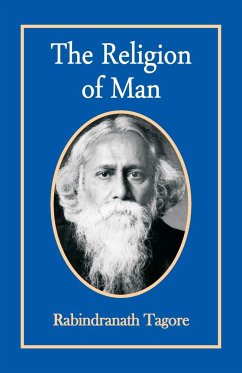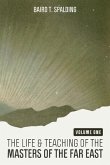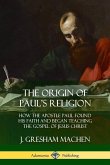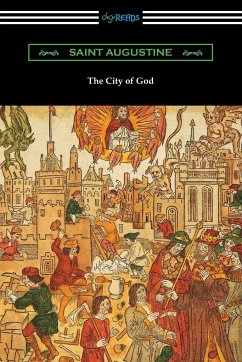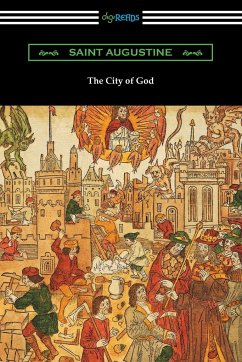Rabindranath Tagore (1861-1941) was a renowned poet, musician, polymath, Ayurveda-researcher and an artist who recast music, Bengali literature and Indian art in the late 19th and early 20th century. Author of the "profoundly sensitive, revolutionary and beautiful verse" of Gitanjali, he became the first non-European to win the Nobel Prize in Literature in the year 1913. Rabindranath Tagore was also referred to as 'the Bard of Bengal'. His compositions "Jana Gana Mana" and "Amar Sonar Bangla" were embraced by two nations as their national anthems respectively.

